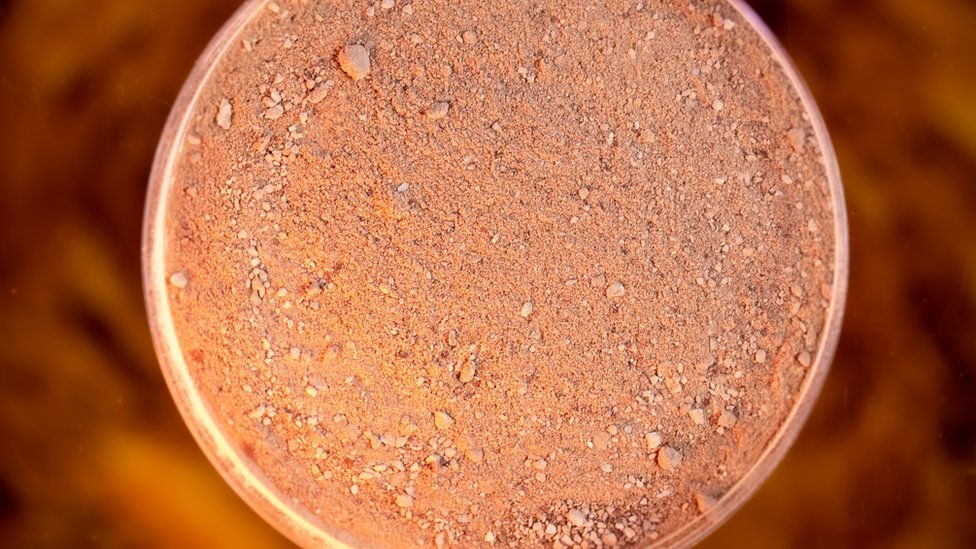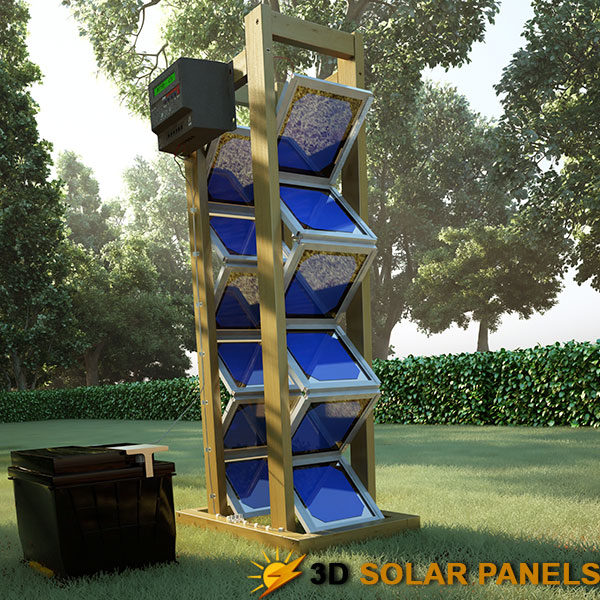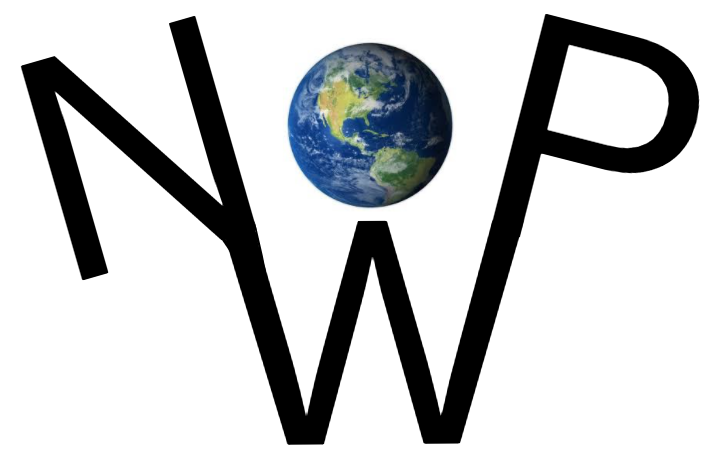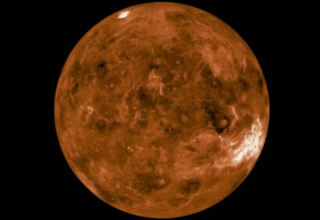Animal Food-
“I’ve tasted it, and it’s great. If I had to put a flavour on it, I’d say it’s slightly umami,” says Peter Rowe, chief executive of biotech firm Deep Branch.
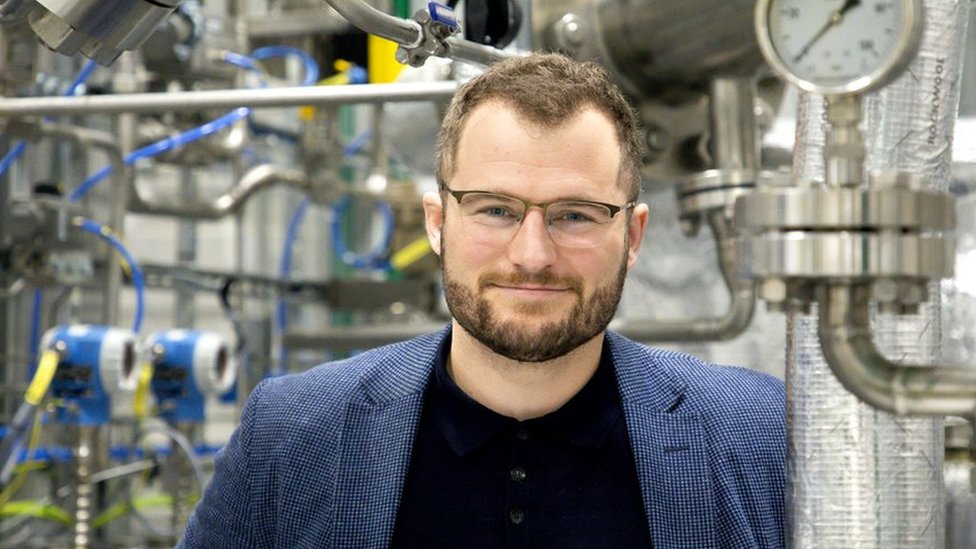
The following written content by Emma Woollacott
Mr Rowe clearly takes his work seriously, as he is not talking about food for humans. Instead, he has sampled an artificial protein that has been created to feed to animals.
Mr Rowe and his partners are trying to reduce the carbon footprint of animal feed which is often shipped around the world.
“If you take soy production, which is the primary protein source for feeding things like chickens, or if you take fishmeal production, which is the primary protein source for salmon, both of these tend to be done in South America,” says Mr Rowe.
In the case of fishmeal, anchovies are caught off the Pacific coast of Peru and Chile, processed and shipped around the world. Similarly, soy plantations in Brazil or Argentina may involve clearing forest and require large quantities of fertiliser, heavy usage of agricultural machinery and, again, long-distance shipping.
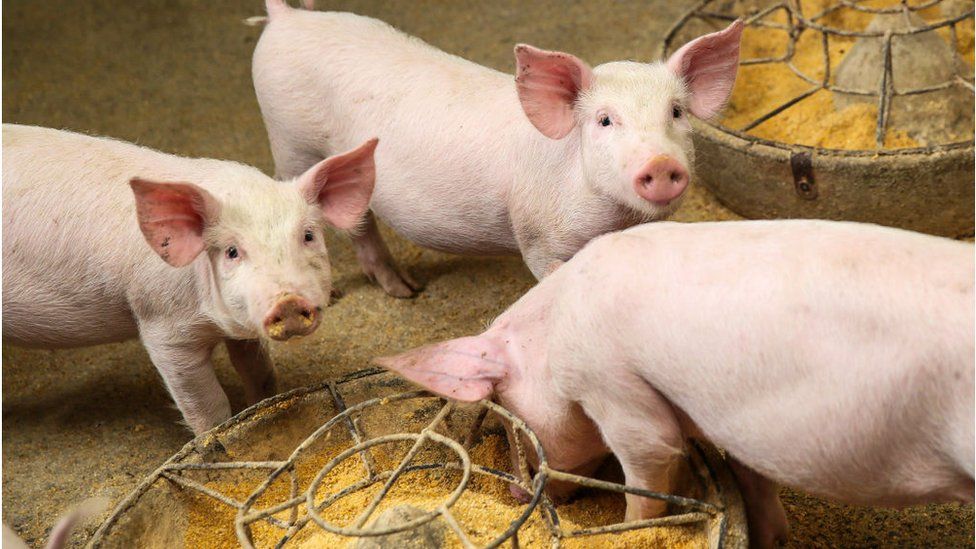
“So a lot of the carbon intensity comes from the processes themselves, and a big part is the carbon intensity of shipping it over,” says Mr Rowe.
One answer is to base animal feeds on single-cell proteins (SCPs), produced through a fermentation process involving yeast, bacteria or algae. Plants can be located anywhere that there’s an available feedstock for the micro-organisms: methane, ethanol, sugar, biogas or even wood.
Through a project called React-First, which has received £3m in funding from Innovate UK, scientists are working to reduce the carbon footprint of animal feeds.
Along with Deep Branch, the project involves academics and companies including Drax, the UK’s largest renewable energy producer, and supermarket Sainsbury’s.
It’s now producing a high-protein feed called Proton – more or less from thin air.
The process is based on a proprietary gas fermentation process, by which microbes are fed carbon dioxide, along with hydrogen – produced using an electrolyser – and water. They then produce the Proton protein as waste material. Read more from BBC.
Follow other related news stories from News Without Politics
Subscribe to News Without Politics

